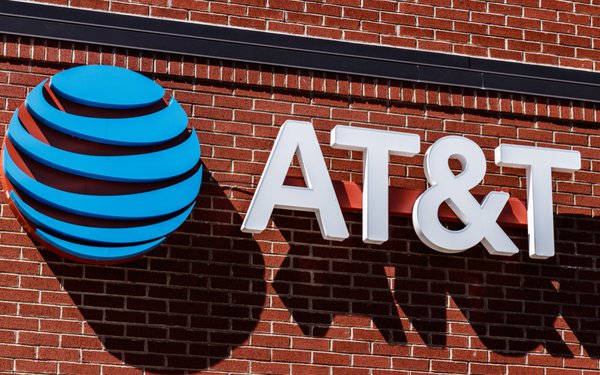AT&T Can't Shake Class-Action Suit Over Broadband Throttling
- by Wendy Davis @wendyndavis, February 21, 2020

In a defeat for AT&T, a federal appellate court has refused to let the company shake a long-running class-action lawsuit alleging that the company violated California law when it slowed the broadband connections of subscribers who purchased “unlimited” data.
The 9th Circuit Court of Appeals ruled this week that AT&T can't enforce a provision in its terms of service that calls for arbitration of all disputes, because the subscribers who are suing are seeking a so-called “public injunction,” or injunction to benefit the public. The ruling hinged on a recent decision by California's highest court, which ruled in an unrelated case that arbitration clauses are unenforceable when lawsuit plaintiffs seek public injunctions.
The battle stems from AT&T's 2011 decision to start throttling subscribers with "unlimited" smartphone data. From 2011 until 2015, AT&T allegedly throttled more than 3.5 million customers who exceeded monthly allotments of 3GB or 5GB, depending on their phones.
AT&T subsequently revised its throttling practices and now only slows down customers who exceed 22 GB in a month. The company also says it only throttles those users when the network is congested.
In 2014, the Federal Trade Commission sued AT&T over its practices, alleging the company duped subscribers by promising them unlimited data, only to slow their connections to a crawl after they hit an arbitrary cap. Last November, AT&T said it had agreed to pay $60 million to resolve that matter.
In addition to the FTC lawsuit, AT&T subscribers brought a class-action against the company. U.S. District Court Judge Edward Chen initially sent the matter to arbitration, ruling that AT&T's contract with users required arbitration of disputes. But Chen changed course in 2018, shortly after the California Supreme Court ruled that companies can't enforce arbitration agreements when plaintiffs seek so-called “public injunctions.”
AT&T appealed Chen's ruling to the 9th Circuit, which upheld the decision this week.
An AT&T spokesperson says the company believes the decision is "inconsistent with the arbitration provision agreed upon by the parties, the Federal Arbitration Act, and United States Supreme Court precedent."
The spokesperson added the company is considering its options.
The ruling could have an impact in a lawsuit brought by the digital rights group Electronic Frontier Foundation against AT&T over allegations that it disclosed subscribers' locations to third parties. The EFF is seeking an injunction prohibiting AT&T from disclosing customers' geolocation data in ways that run afoul of the federal law.
The telecom has argued that matter should be sent to arbitration, but the EFF says it's seeking an injunction to benefit the public, and therefore the arbitration clause is unenforceable.


